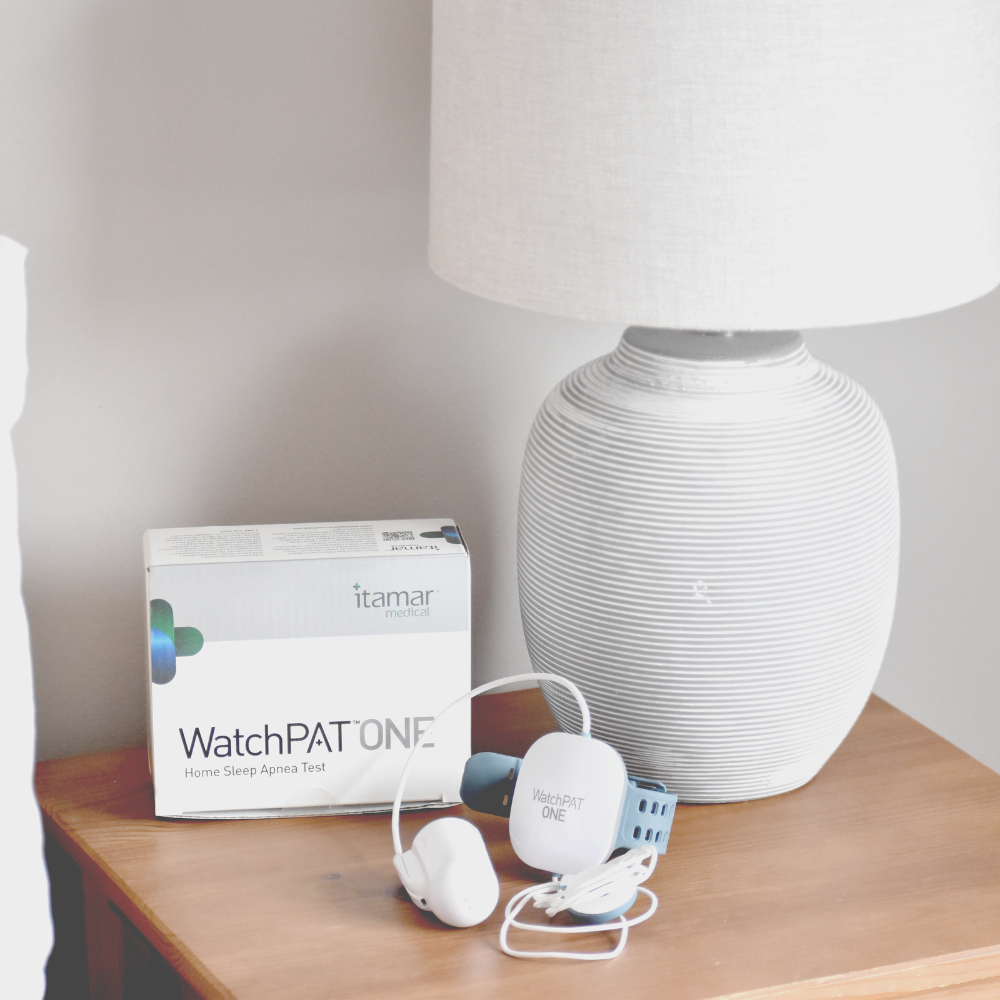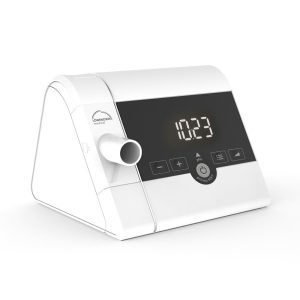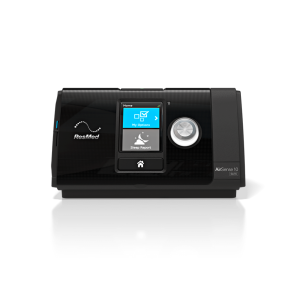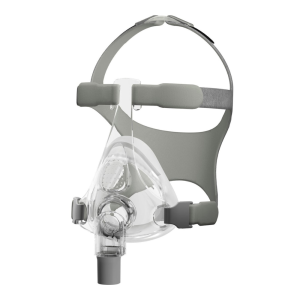Fact Checked
Intus Healthcare’s writers, customer service team, and sleep experts review and ensure this information is accurate.
Last updated on April 2nd, 2024 at 10:53 am
Why can’t I focus?
Lack of concentration can leave you feeling demotivated, and you can sometimes feel lethargic and struggle to concentrate at work as a result.
Sometimes, you may not understand why you feel this way and wonder, ‘Why can’t I concentrate?’
There are numerous reasons which can contribute towards this, such as lack of motivation, boredom, and fatigue. Understanding the underlying reason as to why you feel this way can make all the difference to your day-to-day life.
Here, we have explored the primary reasons why you can’t concentrate and what you can do to help yourself.
Symptoms of not being able to concentrate
Some symptoms you may experience include:
- Difficulty thinking clearly
- Memory loss
- Inability to sit still
- Lack of focus
- Difficulty making decisions
- Making repeat mistakes
- Repeatedly forgetting where something is
- Brain fog
Reasons why you can’t concentrate at work
Mental health: If you struggle with depression and anxiety, it can lead to difficulty concentrating. It can also lead to fatigue, difficulty remembering things, and staying on task. Mindfulness exercises such as meditation can help relax the mind. Other methods include speaking to a therapist or trialling a course of medication.
Stress: Stress can make it difficult to “switch off” and keep you awake at night. Maintaining healthy coping skills such as deep breathing, exercise, taking regular breaks, and healthy eating are important to manage stress.
Struggling at work: Interruptions and noise at work can make it hard to concentrate. Scheduling meetings with colleagues can help keep focus and reduce distraction.
Unhealthy sleep: Good sleep is essential for not only feeling your best but for ensuring you are not a risk to yourself or others regarding health and safety, especially if you drive or operate heavy machinery.
Thyroid problems: Hypothyroidism (also known as an underactive thyroid) is a condition in which the thyroid gland does not produce enough thyroid hormone. This can result in difficulty concentrating as well as struggling with fatigue and focus. It’s around ten times more common in women than men and typically happens between the ages of 20 and 40.
If you think you may have a thyroid disorder, it’s important to speak with your doctor to get a formal diagnosis to start treatment.
Medication: This could also have side effects, including the ability to impact your concentration. If this feels familiar to you, then it may be best to speak with your doctor to explore suitable alternative medications.
Attention deficit hyperactivity disorder (ADHD): It is estimated that 4% of adults suffer from ADHD. If you are still struggling to concentrate, it could be possible that this is why you are not able to focus.
Sleep disorders are a common reason for a lack of concentration, and Sleep Apnoea is perhaps the most common.
Other conditions related to concentration problems
Many health conditions can make you struggle to concentrate; these include:
- Dementia
- Chronic fatigue syndrome
- Alcoholism
- Insomnia
- Multiple sclerosis
- Concussion
- Bipolar
- Epilepsy
- Depression
Is Sleep Apnoea the reason I can’t focus?
Obstructive Sleep Apnoea (OSA) is the most common type of sleep disorder. It affects millions of people worldwide, yet it is estimated around 80% of sufferers are unaware they have the condition. People with the disorder can awake numerous times throughout the night, sometimes gasping for air as their airway becomes blocked. The constant interruption of breathing can severely affect the quality of sleep and the quality of your life.
Symptoms of Sleep Apnoea can include heavy snoring, memory loss, morning headaches and struggling to concentrate. Lifestyle factors such as obesity, smoking, and alcohol consumption are contributing factors.
If left untreated, OSA can lead to further health issues such as:
How to get tested for Obstructive Sleep Apnoea
If you suspect a sleep disorder is a reason why you are struggling to concentrate, then an In-Home Sleep Test may provide the answers you need.

An In-Home Sleep Test can be done from the comfort of your own home and is a cost-effective, rapid alternative to testing with the NHS. The WatchPAT ONE diagnostic device is worn on your wrist, and a finger probe and chest sensor are attached.
You go to sleep as normal, and after one night, Intus Healthcare will receive your data, and you can get your results in two working days. One of our sleep experts will advise you on the most appropriate treatment method, whether that be CPAP therapy or an alternative.
Articles you may find useful
How Sleep Apnoea affects your mental health
Are you waking up tired after 8 hours of sleep?









